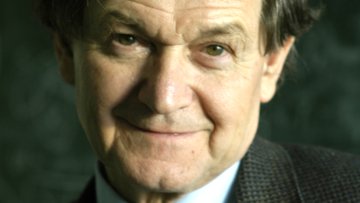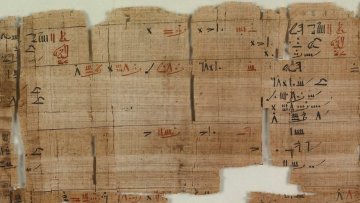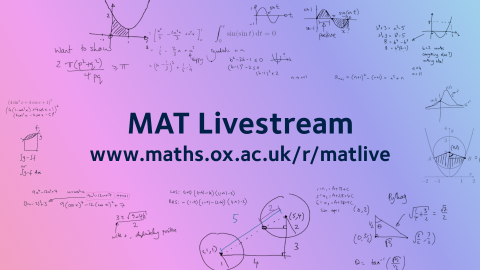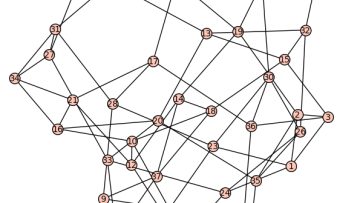12:00
Cluster patterns in Landau and Leading Singularities via the Amplituhedron
Abstract
In this talk I will present some recent explorations of cluster-algebraic patterns in the building blocks of scattering amplitudes in N = 4 super Yang-Mills theory. In particular, I will first briefly introduce the main characters on stage, i.e. Leading Singularities, Landau singularities, the amplituhedron and cluster algebras. I will then present my main conjecture, "LL-adjacency", which makes all the above characters play together: given a maximal cut of a loop amplitude, Landau singularities and poles of each Yangian invariant appearing in any representation of the corresponding Leading Singularities can be found together in a cluster. I will explain how the conjecture has been tested for all one-loop amplitudes up to 9 points using cluster algebraic and amplituhedron-based methods. Finally, I will discuss implications for computing loop amplitudes and their singularity structure, and open research directions.
This is based on the joint work with Ömer Gürdoğan (arXiv: 2005.07154).
For thirty years Oxford Mathematician Roger Penrose has challenged one of the key planks of Cosmology, namely the concept of Inflation, now over 40 years old, according to which our universe expanded at an enormous rate immediately after the Big Bang. Instead, fifteen years ago, Penrose proposed a counter-concept of Conformal Cyclic Cosmology by which Inflation is moved to before the Big Bang and which introduces the idea of preceding aeons.
Ben Green and collaborators discover that the well-known "birthday paradox" has its equivalent in the divisors of a typical integer.
"The well-known "birthday paradox'' states that if you have 23 or more people in a room - something difficult to achieve nowadays without a very large room - then the chances are better than 50:50 that some pair of them will share a birthday. If we could have a party of 70 or more people, the chance of this happening rises to 99.9 percent.
Oxford Mathematician Christopher Hollings and Oxford Egyptologist Richard Bruce Parkinson explain how our interpretation of Egyptian Mathematics has changed over the past two centuries and what that says about how historians of mathematics approach their subject.
In modern Cryptography, the security of every cryptosystem is required to be formally proven. Most of the time, such formal proof is by contradiction: it shows that there cannot exist an adversary that breaks a specific cryptosystem, because otherwise the adversary would be able to solve a hard mathematical problem, i.e. a problem that needs an unfeasible amount of time (dozens of years) to be concretely solved, even with huge computational resources.
Optimal execution with rough path signatures
Abstract
We present a method for obtaining approximate solutions to the problem of optimal execution, based on a signature method. The framework is general, only requiring that the price process is a geometric rough path and the price impact function is a continuous function of the trading speed. Following an approximation of the optimisation problem, we are able to calculate an optimal solution for the trading speed in the space of linear functions on a truncation of the signature of the price process. We provide strong numerical evidence illustrating the accuracy and flexibility of the approach. Our numerical investigation both examines cases where exact solutions are known, demonstrating that the method accurately approximates these solutions, and models where exact solutions are not known. In the latter case, we obtain favourable comparisons with standard execution strategies.
Motives, periods and Feynman integrals
Abstract
Following Grothendieck, periods can be interpreted as numbers arising as coefficients of a comparison isomorphism between two cohomology theories. Due to the influence of the “yoga of motives” these numbers are omnipresent in arithmetic algebraic geometry. The first part of the talk will be a crash course on how to study periods, as well as the action of the motivic Galois group on them, via an elementary category of realizations. In the second part, we will see how one uses this framework to study Feynman integrals -- an interesting family of periods arising in quantum field theory. We will finish with a brief overview of some of the recent work in algebraic geometry inspired by the study of periods arising in physics.






